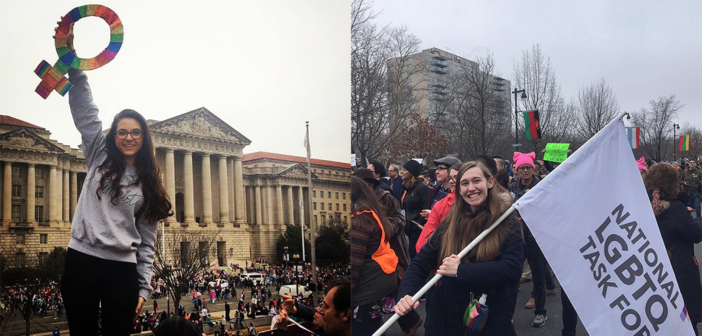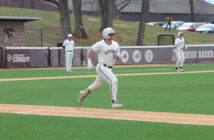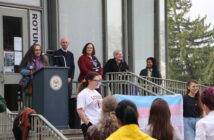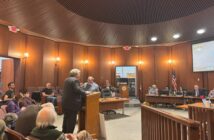Several Lehigh students attended protests, demonstrations and women’s marches across the country following the inauguration of President Donald Trump on Jan. 21. These students became a part of a large movement that gained national traction and gave voices to those who sometimes don’t have them.
Patch Kroll, ’17, attended the Women’s March on Washington after attending the inauguration the previous day.
“At both events there was a sense of camaraderie, and at both events I met a ton of friendly people,” Kroll said. “The inauguration was not a bad experience. The energy really was a positive one, not a negative one. It was people really believing that this was a turning point in greatness for America.”
The women’s march in the District of Columbia was the focal point of the movement. According to the Women’s March on Washington website, there were 673 marches across the country with an estimated 4,956,422 marchers.
“By my observation there really were vastly more people at the women’s march than at the inauguration,” Kroll said.
Annika Ellenbogen, ’18, also attended the Women’s March on Washington. She believes attending events like these are important “because it matters.”
Ellenbogen said one of her favorite signs said “intersectionality matters,” which she felt was an important point to get across to people who tend to care about one issue and not others.
“What’s most important to know is that, that march doesn’t mean anything if you don’t support other things, if you don’t stay active,” she said.
At the women’s march, both Kroll and Ellenbogen said they felt a lot of love. Ellenbogen said if anyone got hurt, the crowd would start pointing in the direction of the person and try to get the medic’s attention.
They both said it was a massive crowd. In fact, the most memorable part of the march for Kroll was the subway ride into the city.
“It was so packed,” Kroll said. “People were sitting on top of each other, and they had to stop admitting passengers four or so stops away from the destination.”
Ellenbogen said she and her friend stood in the same spot for four hours waiting for the call to march until “everyone decided to march anyway.”
Nicole Reisert, ’19, attended a women’s march in Philadelphia as a member of Creating Change, an LGBTQ activism conference.
“There was an incredible sense of community and camaraderie among the marchers,” Reisert said.
The issues at the Philadelphia march, much like the Women’s March on Washington, were not limited to women’s issues and included focuses on concerns regarding race, sexual orientation and gender.
Although all three students felt an overwhelming sense of love at the women’s marches, Kroll saw that sometimes passion can get overwhelming. He went out the night of the inauguration to see the protesters.
“That was crazy,” Kroll said. “There were rock groups blaring anti-Trump metal music, naked people trying to distract riot police, mailboxes on fire and crowds stopping traffic and walking on cars.”
Kroll said he felt like the protests were the opposite of the women’s march, which he said was almost totally a promotion of good things.






Comment policy
Comments posted to The Brown and White website are reviewed by a moderator before being approved. Incendiary speech or harassing language, including comments targeted at individuals, may be deemed unacceptable and not published. Spam and other soliciting will also be declined.
The Brown and White also reserves the right to not publish entirely anonymous comments.